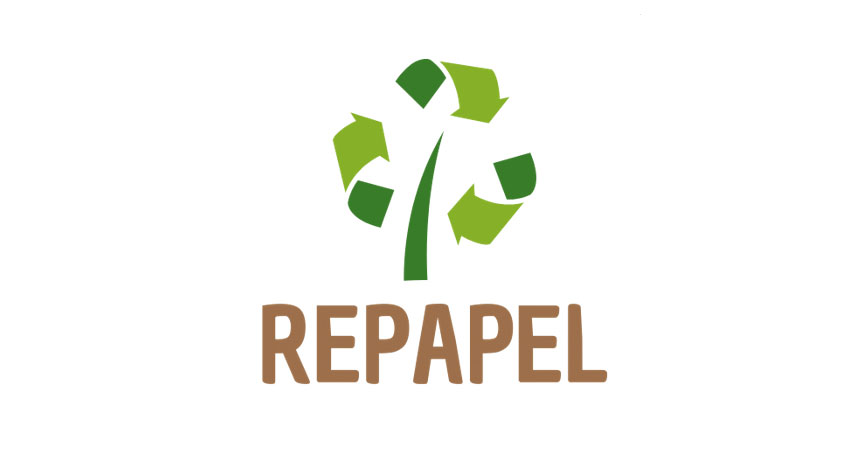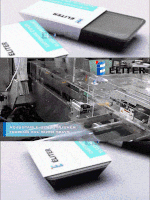The REPAPEL project achieves new solutions with high added value to increase circularity in the paper industry
2024-02-14
Obtaining products with a lower carbon footprint, through the substitution of virgin or non-renewable raw materials, or the absorption of CO 2 in the product itself, is one of the main results achieved by the REPAPEL project , which reaches its end after more than three years of work by a consortium of eleven Basque companies from the paper, construction, water and chemical sectors.
REPAPEL has had the collaboration and support of Aclima – the Basque environmental cluster – the Euskadi Paper Cluster , Tecnalia and CEIT . The new solutions tested and validated in the project for the paper industry, which also involve the rest of the sectors participating in the project, manage to increase the circularity of the sector, which currently already recycles more than 78% of the paper and cardboard consumed, they explained. in a press release from Aclima sources.
Since its beginning in 2021, the REPAPEL project has focused on industrial research activities and experimental development for the valorization of five waste streams from the paper industry in three main areas. Firstly, the performance of technologies for extracting raw materials and treating waste generated in the pulp and paper production processes has been evaluated on a laboratory scale. On the other hand, the viability of new industrial products has also been evaluated, based on the raw materials obtained in the extraction and treatment processes. In addition, work has been done on the design of a tool to support decision-making in the management of paper by-products.
The intense work of these three years — with an investment of 4.5 million euros and the support of the Basque Government through the SPRI Hazitek program — has made it possible to formulate and test new industrial products based on recycled raw materials. Thus, tests have been carried out for construction with prefabricated concrete from carbonated ashes and limestone sludge and bituminous mixtures from bio-binders based on lignin. Lignin has also been validated as a basis for the design of flocculants and surfactants used in water treatment and industrial cleaning.
The result is that “in environmental and circular economy terms, recycling and renewable raw materials are significantly increased, allowing a more efficient and restrictive use of virgin raw materials,” add the same sources.

REPAPEL has had the collaboration and support of Aclima (the Basque environment cluster), the Euskadi Paper Cluster, Tecnalia and CEIT.
Circular and low carbon economy
REPAPEL has managed to transform various waste generated within the paper industry into resources and raw materials for the sector itself and the industrial areas mentioned above.
The work of this collaborative research takes another step in the development of an increasingly circular economy that meets the current needs of the planet. In this sense, solutions such as those provided by this project move towards a new low-carbon economy just when the last climate summit held in Dubai concluded with a proposal to achieve a gradual disappearance of fossil fuels in 2050. “In fact, this “The initiative is framed within the philosophy of the European Green Deal, which aims to accelerate the transition towards an increasingly circular economy to achieve the goal of climate neutrality in that same year,” Aclima points out.
The initiative has sought to avoid the generation of waste to transform it into quality raw materials with high added value. The project, which has had support from the European Regional Development Fund (ERDF), is a new step to face the challenge of zero discharge with the search for alternatives to conventional recovery methods, a fundamental aspect to meet competitiveness objectives. and sustainability marked by the European Union
The work has also managed to integrate the entire current value chain, which goes from the pulp and paper manufacturers themselves to waste treatment companies and processing industries in the chemical sector, also including engineering and construction companies.
Finally, REPAPEL has been completed with the development of a decision-making tool that will help companies in the paper sector select the best recovery options for their waste and by-products.




